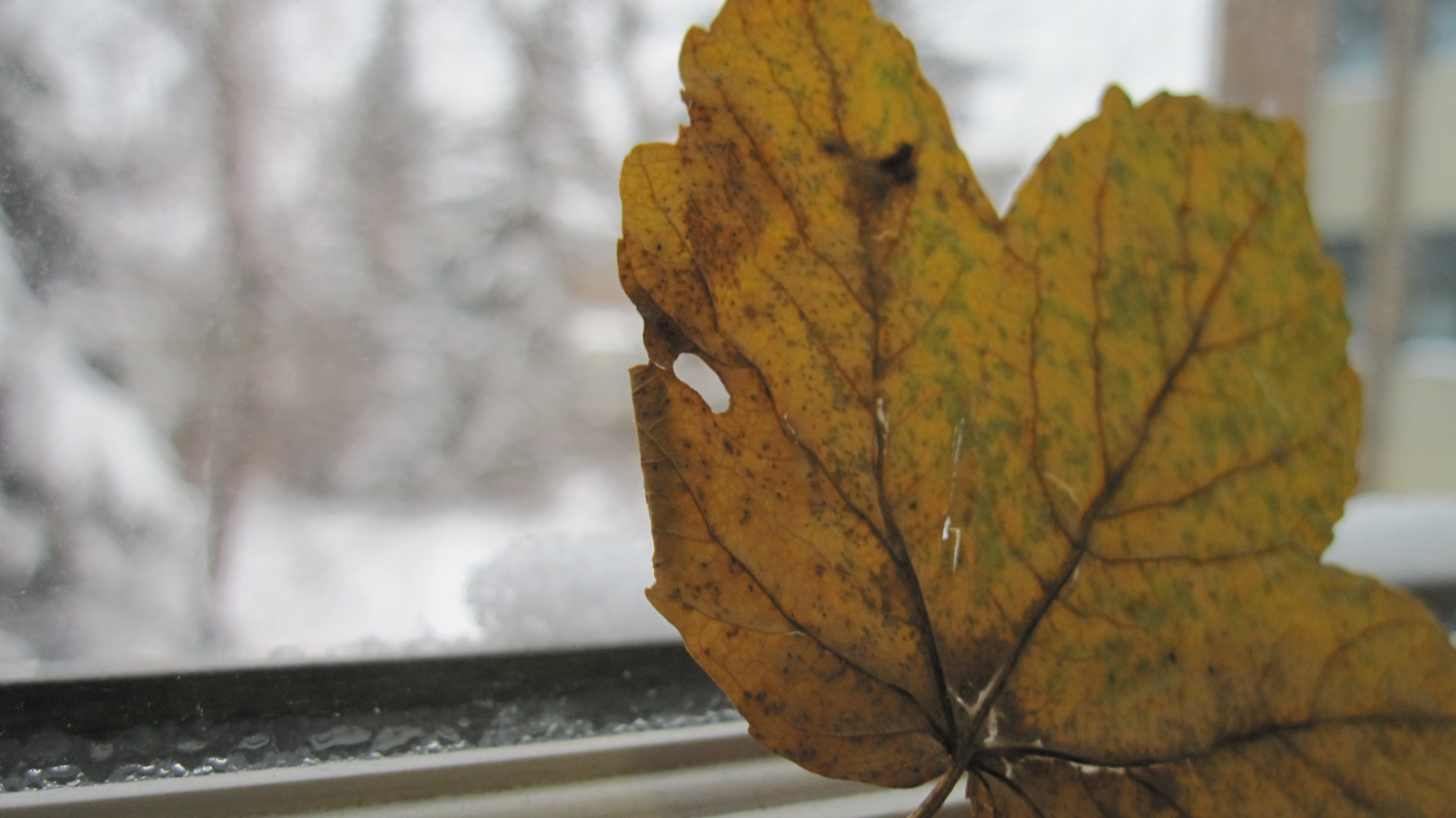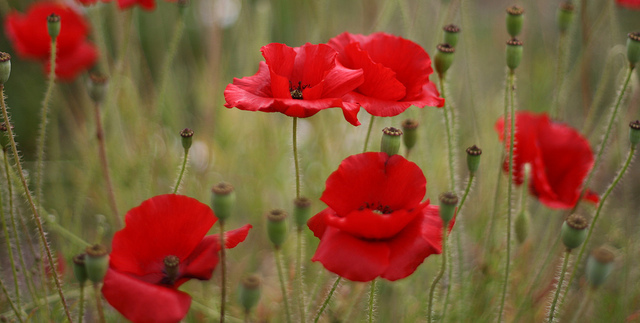There are times, when for a brief moment, you know you are exactly where you are supposed to be, doing just what you are supposed to do.
My Sunday turned out to be quite an extraordinary day – extremely tiring and full of emotion. Through a series of seemingly random events, I found myself in downtown Red Deer picking up a man’s personal belongings from his locker at a care center for the homeless before I was to drive him to be with his father in Hobbema, about an hour North of the city. While there, piling things like shampoo, a toothbrush, random clothes and papers into plastic bags, we were met by the man’s nephew, Justin, obviously very distraught, shaking and on the edge of tears. Afraid of how his uncle Les would react, he wanted only to talk to me, and with a faltering voice, told me he was on his way to the hospital. As he began to explain the events of the past Friday night, tears streamed down his face and his thin frame shook. He told me drug after drug that he took that night, one after the other, before he finally broke down sobbing, while his uncle Les and I hugged him. That wasn’t the first time I cried that day, and it certainly wasn’t going to be the last.
Before long we were on our way to the hospital. My car smelled like cigarette smoke already, thanks to a morning with Les, which mixed with the smell of alcohol that still hung in the car after driving a drunk coworker home a few days before. Soon we were at the hospital and, after parking, I made my way to the toll machine to pay for a parking pass, having no idea how long we would be here with Justin. It was around 1:00pm at the time, and just before I reached the machine, a red pickup, on its way out of the parking lot stopped, and a man held a parking pass out of his window, asking if I needed one. “It’s paid till 6:40”, he told me. I held the pass in my hand as the truck drove away. I couldn’t believe it. As I placed the ticket on my dash, I burst out into tears. Even now as I write this, I can’t help crying.
I just couldn’t believe it. It was as if God revealed to me, for a second, that seam where earth and heaven meet, and for a brief moment, the walls that normally surround the world we walk in were clear as glass. I wasn’t alone. There was someone far bigger than me who wanted me just where I was. I don’t know if it was an angel driving that red pickup truck, but I do know that God all but handed me a parking pass that day. And as I joined Les and Justin to walk to emergency, I’m not sure they quite understood why I had tears in my eyes.
Later in the day, as Justin called his grandmother a number of times, and then his mom, I worried a little over the amount of money I had left on my phone. Being a ‘pay-as-you-go’ phone, I wasn’t sure just how long it would last, or if it would make it through all the calls that he needed to make. But then it struck me that I didn’t have any ordinary phone – I had a phone that would last for as long as Justin would need, and as long as God desired it to. I had a phone that was under God’s provision, and rather than worry, a smile spread across my face instead.
After a long day of talking to various nurses and consultants in the hospital, Justin and I were let out of the hospital to wait for his grandmother to come pick him up. Les was already on his way to Hobbema with a friend of mine, who came to take him after I had realized Justin and I would be awhile. As we got into my car, I checked the time: 6:34pm, with my parking pass paid till 6:40. I just couldn’t believe it.
I still have the parking pass. It sits on my desk as I write, reminding me that all we do has a purpose, and that we serve a God who opens doors, and who provides just what we need. On Sunday I got a glimpse of what God’s provision looks like, and I don’t want to forget it.
(Please note that actual names have not been used to protect the identity of the subjects)


